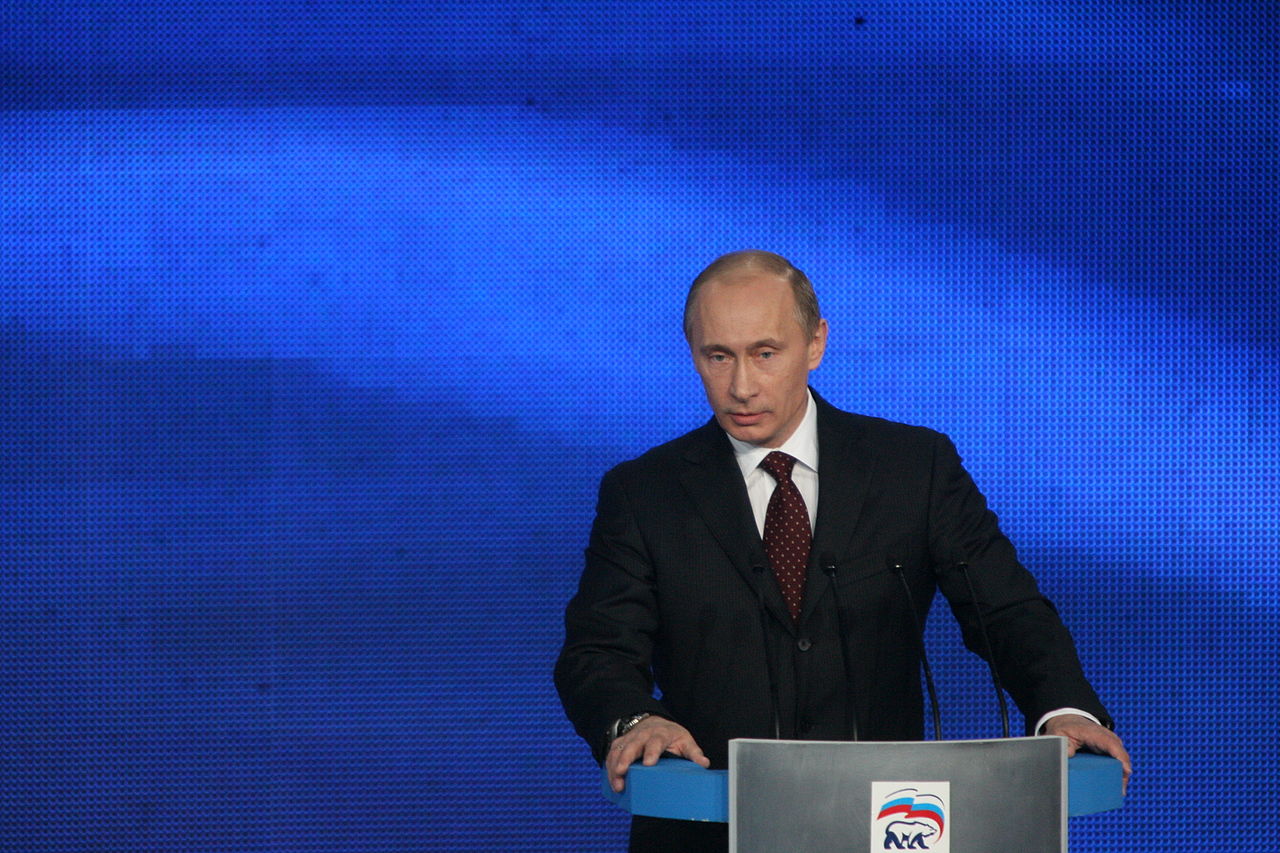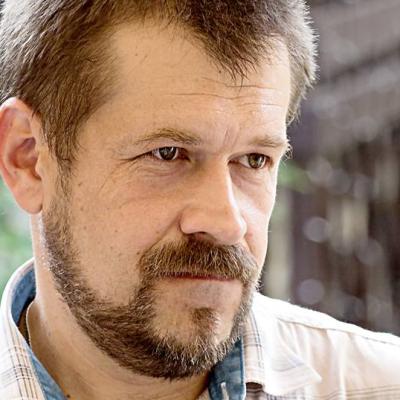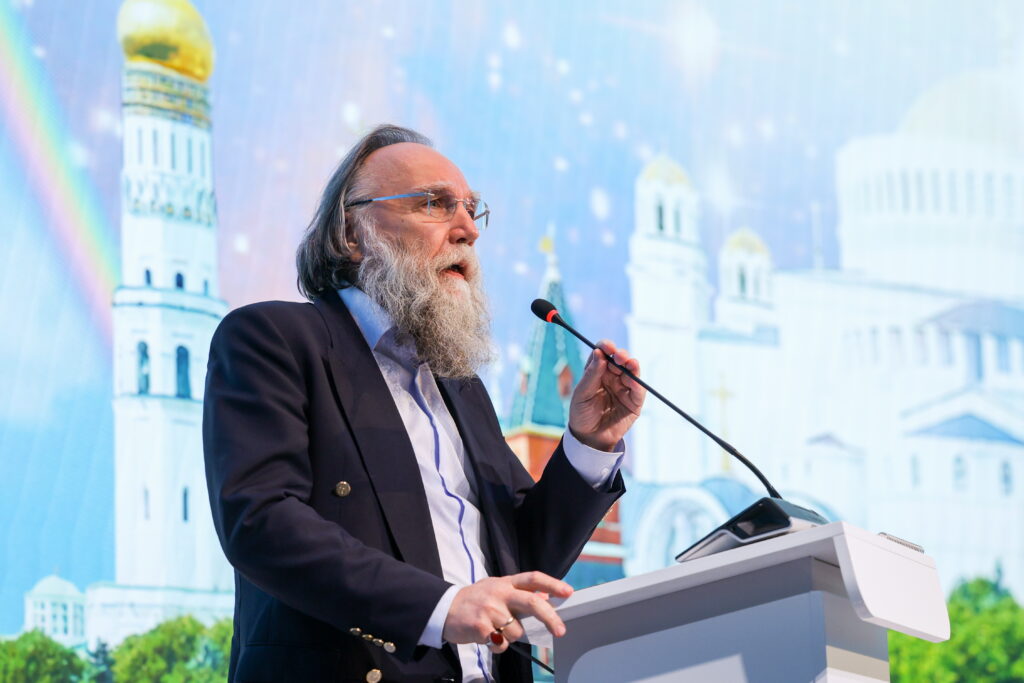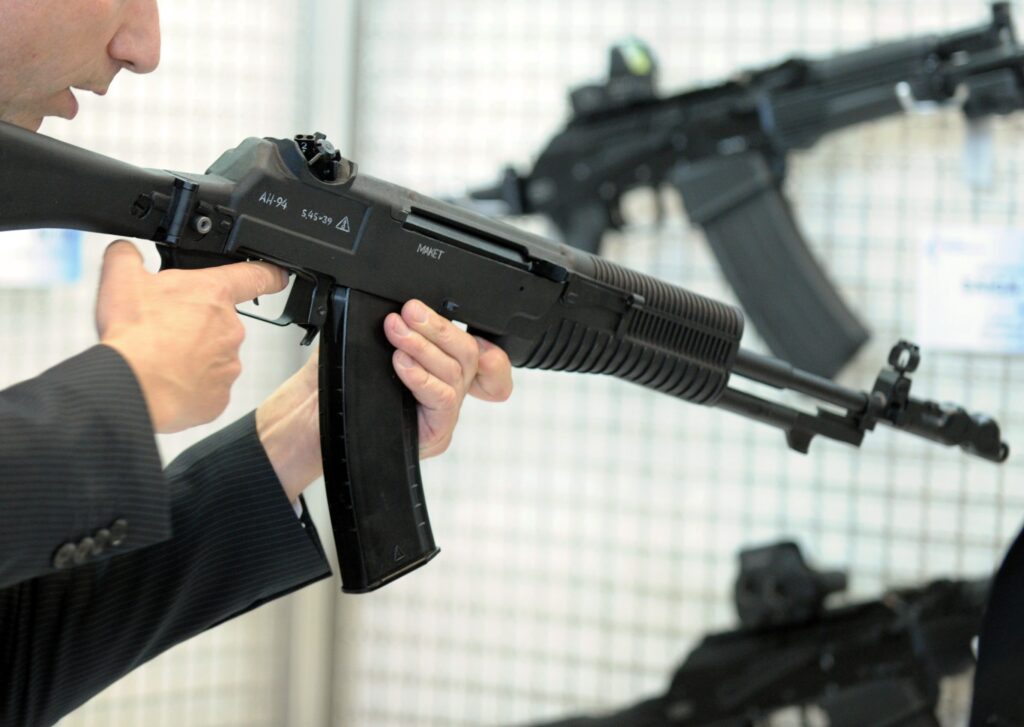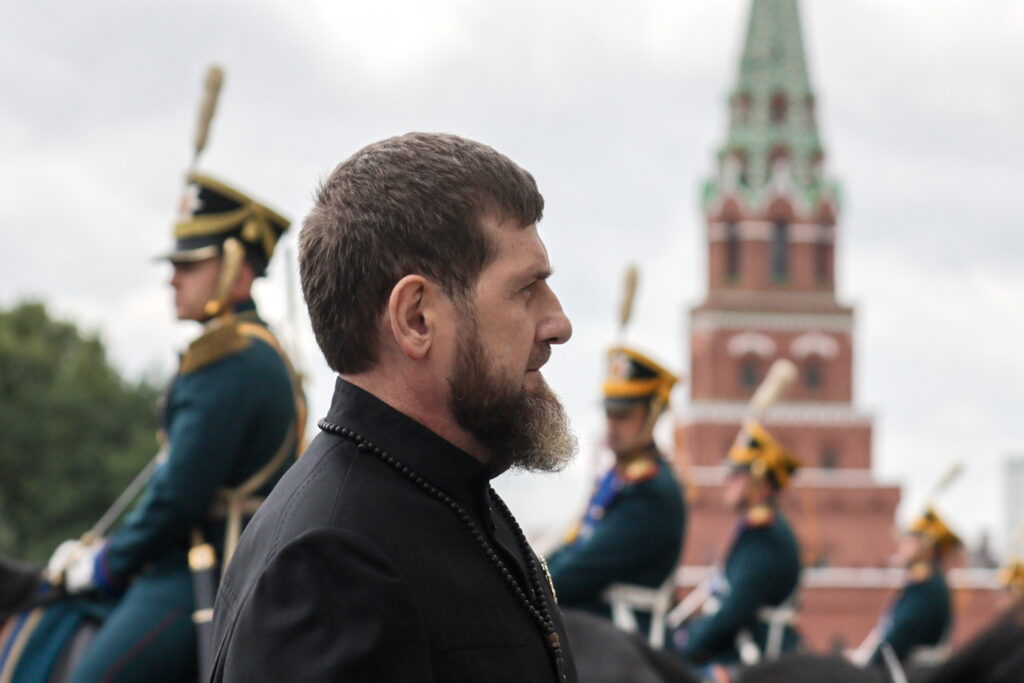After Vladimir Putin announced his intention to “fight” again for the presidency, skeptics and pessimists among the Russian electorate recalled his various unfulfilled election promises from previous campaigns. But it is harder to pin Putin down on this score, since his election promises have rarely been specific. None of them drew a picture of a bright future for Russians.
“I did not promise anything”
Searching the phrase “Putin promised” on Yandex news allows you to see more than 60 thousand links. The first of which was recorded in May 1997, when Putin — then Chief of the Presidential Control Directorate — shared his plans to check the receipt of payments from the Ministry of Finance to the Ministry of Defense. Yet on the website of the President of the Russian Federation, single-root words to “promise” are found only 688 times. The discrepency is not just about endless online replications of Kremlin news; it is also about journalistic interpretations, where an opinion on a certain matter gets translated into a promise.
A typical example is the “promise” to double GDP. After Putin mentioned twofold growth of the GDP during his address to the Federal Assembly, Russian journalists immediately found in these words a promise. After a while, the foreign press started talking about the promise as well. In fact, Putin said:
“Over the next decade, we must at least double our country’s gross domestic product. Doubling the GDP is a systematic task, and naturally a large-scale one. It requires profound analysis and specification of existing approaches to economic policies“.
Is it necessary to engage in formalism, delving into the subtleties here? The opinion of the head of state, who, if not a dictator, is certainly a “strong hand”. So why the detached language and the falling short of a commitment?
Such doubts were dispelled by Putin himself, who shut down a journalist at a big press conference in 2008. Vladimir Kondratiev started his question with a reminder: “In your outline of Russia’s strategy through to 2020, you promised that Russia will become the most attractive country to live in“. The president sharply pointed out the error: “You said I made this promise. I did not promise anything. I said that this should be our goal, that this is the kind of Russia I would like to see, that this is what we should aspire to“.
Much earlier, back in March 2000, Putin said:
“All these modern election technologies are a pretty dishonest thing. They always involve looking into the eyes of millions of people and giving promises you know are impossible to fulfill. I cannot bring myself to do that. And I am very glad that so far I have not had to“.
One can assume that the condemnation of political technologies is in itself a political technology. But Putin probably sincerely expressed his attitude to promises. At least in the years of the presidency, he avoided promising something concrete, verifiable.
“I’ll look into; I’ll think about it; I’ll speak about it”
So, in order to understand what the president did in fact promise, we will have to abandon the analysis of the press and carefully study the source – the Kremlin website that fixes Putin’s statements verbatim. Of the 688 mentions of promises, only about 150 are direct and unambiguous (at the press conference on December 14, 2017, the word “promise” was never pronounced). The vast majority of articulated promises are simple to perform, but it is not possible to verify their execution. However, the implementation of voiced commitments could not fundamentally affect both the lives of Russians, and specific situations.
About a third of the presidential promises deal with non-active situations, but especially with his inner world: “I will consider,” “get acquainted,” “puzzle out,” “will think about it,” “will return to the question,” “pay attention.” Drowning, grabbing for a straw, can hear in these words of promise, see hope for some external actions. But, remembering Putin’s caution in wording, one should understand his words literally, without speculation.
For example, the laureate of the 12th International Tchaikovsky Competition, Ekaterina Frolova, complained to the president in 2008 that when traveling abroad, she had to pay a “considerable amount of money” for the export of instruments. “Well, we’ll think about it. This is a very specific question. I think that it is solvable. We will certainly think about it, I promise,” Putin replied. He did not promise to cancel paragraph 35 of Article 333.33 of the Tax Code, according to which the state levies 0.01% of the insured value of temporarily exported cultural property, he promised to think. Perhaps Vladimir Putin fulfilled his promise. But in the tax legislation the specified norm continues to operate.
“I cannot tell you now, but I promise that I will look it up” Putin told the boy who asked the “most daring question” about subsidies for housing to the policemen of Yugra. I will not “increase the subsidy limits by a thousand times” (this kind of budgetary infusion is required to fulfill the law and provide all those standing in line for the housing subsidy of the police of the Khanty-Mansiysk Autonomous Okrug), but “I’ll look“. Whether the President fulfilled the promise or not, cast a glance or forgot, but the boy’s family will be able to receive their housing in 100 years.
The second most popular promise of Putin is to talk over, discuss, convey information, instruct, “send a signal” and even “give impetus.” So, in 2015, journalists complained about the forthcoming privatization of the famous Vologda creamery, which the public wanted to avoid. “All right, I promise that I will talk about it with my colleagues,” the President reassured.
How effective is the work of the head of state as a communicator, who accepts questions and passes them to the responsible persons, can be judged by the fact that a year later the question of the blocking of the privatization of the Vologda creamery was raised again: “Give such an instruction as you know how, so they leave Vologda creamery alone” The verdict was almost complete self-quote a year ago: “I promise you exactly that I will do it, I will definitely speak about it“.
The third place in the frequency of use is occupied by abstract promises to exert all the forces, to do everything that is possible, to do the work.
Although occasionally, Putin still promises something concrete. For example, in 2002, after hearing the grantee of the presidential program “Gifted Children of Russia”, he was categorical: “You are guaranteed a grant, I promise you that“. In 2007, Putin said about the Olympic Games: “No traffic jams! I promise!” and he kept his word – there was really no traffic jams in the Olympic city of Sochi. In January 2008, the president promised to gild the domes of the Iberian monastery, in July the work was already scorching.
“Will justice prevail”?
The history of the fulfillment of Putin’s few concrete promises makes one doubt not only the firmness of the hand of the Russian ruler, but also of his political influence. “I promise you that we will finalize it together with you, together with the expert community, and we will certainly pass it through the parliament, through the State Duma,” Putin said in 2013 about a law that prohibits managers of housing and communal services from working through off-shores. However, three years later, the Duma committee rejected the bill in the first reading, but the problem did not lose its sharpness.
Long-delayed construction, the medical center for radiology in the Ulyanovsk region, which was supposed to launch in 2013 then postponed to 2017, the president commented in March of 2016: “I promise you: I will find out the reasons for the delays, and will try to eliminate them“. However, in November of this year a local journalist have said: “For several years the center “grew” in price from 13.9 to 20 billion rubles. And it is being allocated money for from the budget again. It is plainly unclear when everything would be completed. Now they expect the construction to be down in the second half of 2018“.
On the Direct Line of 2013, Putin said: “Finally, the most important that Yelena spoke about is the issue of making foster families equal in entitlements to big families in which the children are birth children. I think this would be fair in every way and I will give the Government this instruction” But the government seems to have ignored the president’s assignment. At least, on October 10, 2016, the promised was executed only in 59 regions.
In 2014, Vladimir Putin attended to the troubles of theater critics, whose specialty is not included in the list of professions, which creates problems with pensions. “I promise you that all this will be restored, justice will prevail“, the president said confidently. But still today the promise has not been fulfilled; the new specialty has not appeared.
An analysis of Putin’s promises shows that one can hardly hope for election promises of a new type – large-scale, concrete with the vision for the future. And one should not think over what is being said, deceiving oneself, seeing promises where they were none. Although even the president himself sometimes falls into this illusion. “At the end of 2008, I recalled the 1998 default and vowed publicly that we would not let it happen again”. He said. In fact, Putin did not use such a solid formulation, using the usual ways of circumventing direct promises: “We will do everything that depends on us, in order to protect the deposits of our citizens in banks, to ensure the legitimate interests of those who invested their own money in construction housing, so that there are no more economic shocks of 1991 and 1998“.
Among “Putin’s 150 promises” there is still a strategically important one. Here it is:
“I promise you that the democratic achievements of our people are guaranteed and can be assured of protection. And we will not stop here, but will continue to build up and strengthen a multi-party system in the country, develop civil society and make every effort to ensure freedom of the press”.
Perhaps, the degree of fulfillment of this directly expressed commitment can serve as a yardstick for the significance of any promises, vows and oaths coming from the leader of Russia.
